
When this medical condition was first identified, it was associated with distribution of oxygen which is frequently necessary for such babies to breath normally. Today, however, experts believe that oxygen distribution is not a single causative agent of retinopathy of prematurity and that there are several more factors contributing to the condition.
Retinopathy in Newborns - Pathophysiology
Medical experts say that the retinal vascular structure begins to develop in the 16th week of gestation and they are completely developed once the baby is ready to be delivered.
As far as retinopathy of prematurity is concerned, experts believe that exposure to hyperoxic extrauterine conditions initiate formation of new blood vessels in the retina, those which are blamed for potential vision loss.
The condition may progress in some infants in spite of rigorous and timely intervention, while in others treatment leads to cessation of development of new blood vessels and further progression of the disease.
It seems that there are additional factors interfering with the disease including low birth weight, low gestational age etc.
Retinopathy in Newborns Treatment Options
It is essential to diagnose retinopathy of prematurity timely and start with treatment within 72 hours. In some cases treatment must start immediately.
The cornerstone of this ocular disorder is cryotherapy, a procedure that includes freezing newly formed blood vessels. Better effects are achieved with laser therapy (photocoagulation) which can also prevent many potential complications of the disease. Only in case laser therapy is performed prior to scarring and retinal detachment, the treatment may be considered efficient. Surgery is performed if the bay develops retinal detachment. Surgery, in general, may improve vision but cannot restore loss of vision completely.
Retinopathy in Newborns Prognosis and Complications
Fortunately, most patients (babies) recover completely and have no lasting visual problems. It is estimated that 1 out of 10 newborns will end up with more severe form of the disease associated with significant vision problems or sometimes even blindness. Early detection and treatment are crucial for better outcome.
As for complications, such infants may develop nearsightedness or develop complete vision loss.


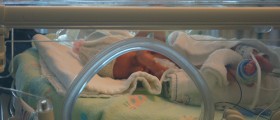
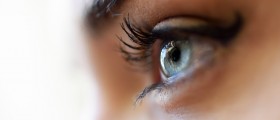



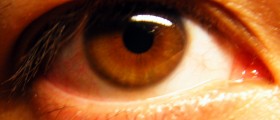
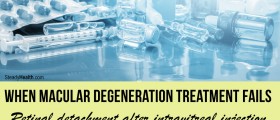


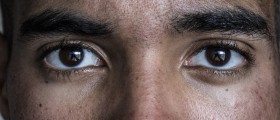



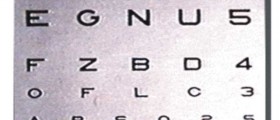
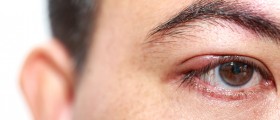
Your thoughts on this
Loading...